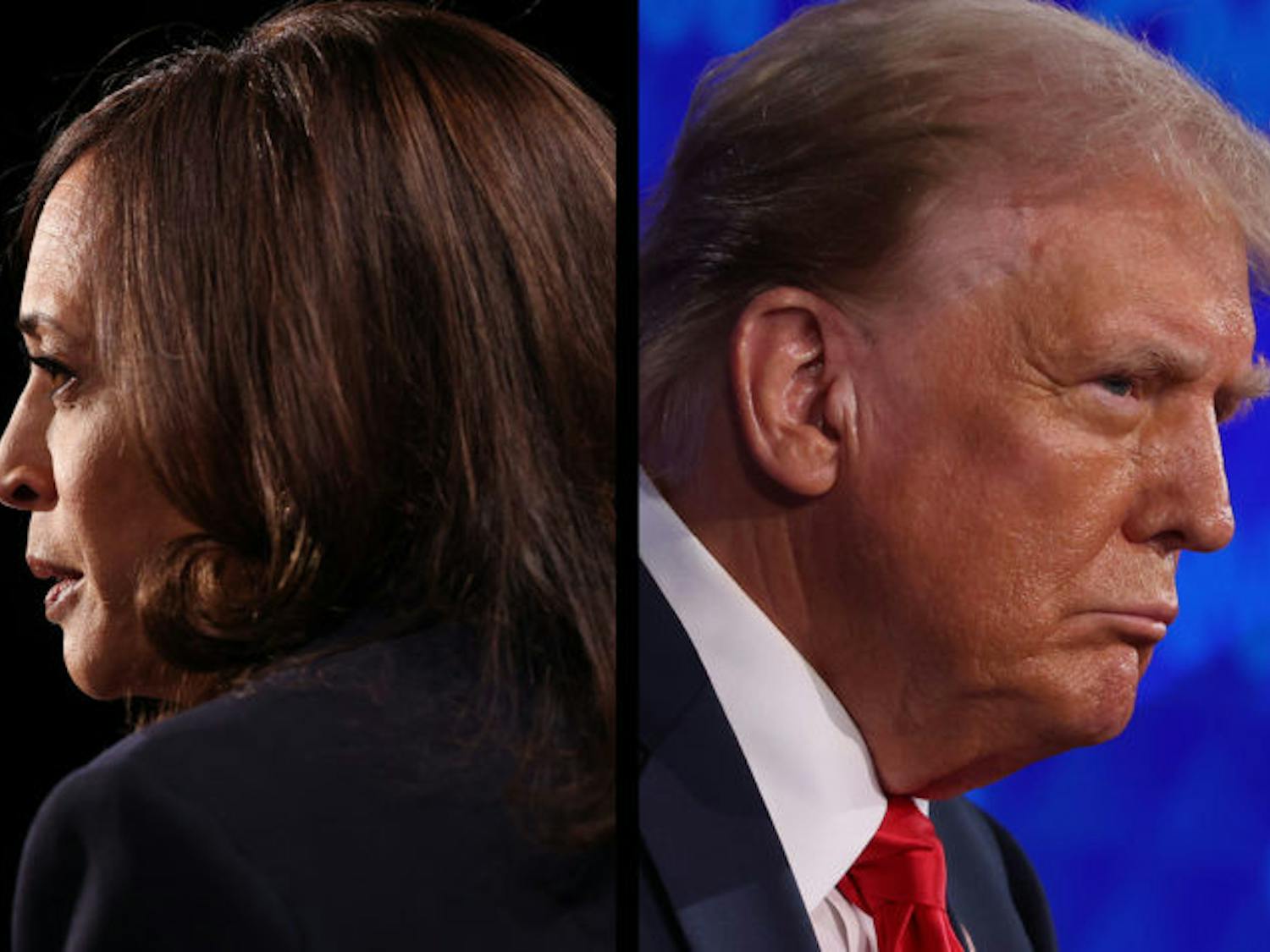Black hair has been scrutinized in America for centuries. Ever since slaves were snatched from Africa, their hair was considered unruly and ugly. In Africa, elaborate hairstyles like braids and dreadlocks were the norm and often showed social status.
Stripped of their traditional ways of maintaining their hair, slaves had to use bacon grease, butter and kerosene. In some places, like Louisiana, black women were forced by law to cover their hair. Of course many women embraced the style and made it their own, but this still contributed to the negative image of black hair.

The image of black hair has forced people to conform to white beauty standards, and this conformity has been harmful to the black community in many ways. According to the Thirsty Roots website, if slaves had straighter hair and lighter skin they were considered more appealing than the darker slaves with kinky hair.
This has also acted as a barrier for opportunities, like work and education. Pointing out black hair in a bad light reinforces negative stereotypes and further marginalizes black people in the workplace and school.
University of Northern Colorado junior Marchelle Atkins, an anthropology major who uses they/them/their pronouns, has changed their hair in order to be seen as professional. Most of the time, they worked in food or retail and Atkins thought relaxing their hair was normal, because they’ve seen their mom do it all the time for work.
Atkins wore their hair naturally until around seventh grade. They saw other people with straight hair, and wanted to have the same style. After being told how “nappy” their hair was and seeing how most people their age had their hair straightened, Atkins thought it was normal . When their hair was straightened compared to having it natural, they received different responses.
Unlike other students across the United States, Atkins wasn’t kicked out of school because their hair violated dress code; but, they were treated differently by teachers in the school for wearing cornrows.
“There were times that teachers were kind of looking at me, and they wanted to personify me as this problematic child, or like a thug because of the way I had to present and wear my hair,” Atkins said.

Across the country, the suspension rates of black students are really high. According to National Public Radio, half the suspensions in charter schools are for nonviolent offenses like dress code violations. Not only does this reinforce negative stereotypes, but this is a way to target black students indirectly.
Black women specifically are targeted in the workplace, especially in white corporate America. White beauty -- and professional standards -- is straight hair. Black women are encouraged to conform in order to make life easier in any way. Many black women relax their hair, which costs a lot of money and is bad for the hair. According to InStyle magazine, black women spend on average $1,114 a year on their hair and 23 percent of black women relax their hair. Even though that number has decreased, black women are still in danger of discrimination in the workplace.
Being constantly told that black hair is “distracting,” “unkempt” and “nappy” also reinforces the stereotype that not only are black people dirty, but it calls their competence into question. If someone thinks black people are dirty, they are most likely to assume black people can’t clean themselves and therefore they can’t do basic work.
Talia Carroll, the director of the Marcus Garvey Cultural Center, had her hair constantly straightened and relaxed as a child because it was more manageable that way. She often struggled with the social implications of black hair, trying to conform to the standard of white beauty.
In her experience as director, no one has told Carroll to change her hair for the sake of professionalism, but she has changed her hair anyway to seem more professional.
According to Carroll, she’s gotten different responses when her hair was straight compared to natural. When her hair was straight, she would get noticed more and receive more compliments. But Carroll said she no longer cares about conforming to white beauty standards; she says many people like “whiteness” which why so many people look down on natural black hair.
“No one understands the scrutiny we get about our hair,” Carroll said.
According to Workforce, a company can’t be held accountable for hair discrimination. Thus, employers can reinforce hair in their uniform policies. As long as it’s not discriminating against someone for their race or their hair preferences based on religion, the employer is in the clear to regulate whatever uniform policies he or she wants. This isn’t considered a problem because it’s easier to change hair, but not the color of skin.
This is still problematic, however, because black people can’t control the texture of their hair and maintaining the social norm of acceptable hair is expensive, tiring and damaging. Black people shouldn’t be scrutinized about their hair, but rather what they can contribute to the workplace or the classroom. Briana Compton, a graduate assistant for the MGCC, said people shouldn’t stay in a place where people can’t see past people’s hair.
“If people in the workplace can’t see past your hair, and choose not to see you for your skill and expertise, then it’s probably best not to work there,” Compton said. “We can do so much damage to ourselves when we choose to deal with that kind of stuff for long periods of time and it’s just not worth it.”
Wilhelmina Jackson is a UNC junior who identifies as African-American. She is a journalism major with a news and multimedia emphasis and a minor in writing.






